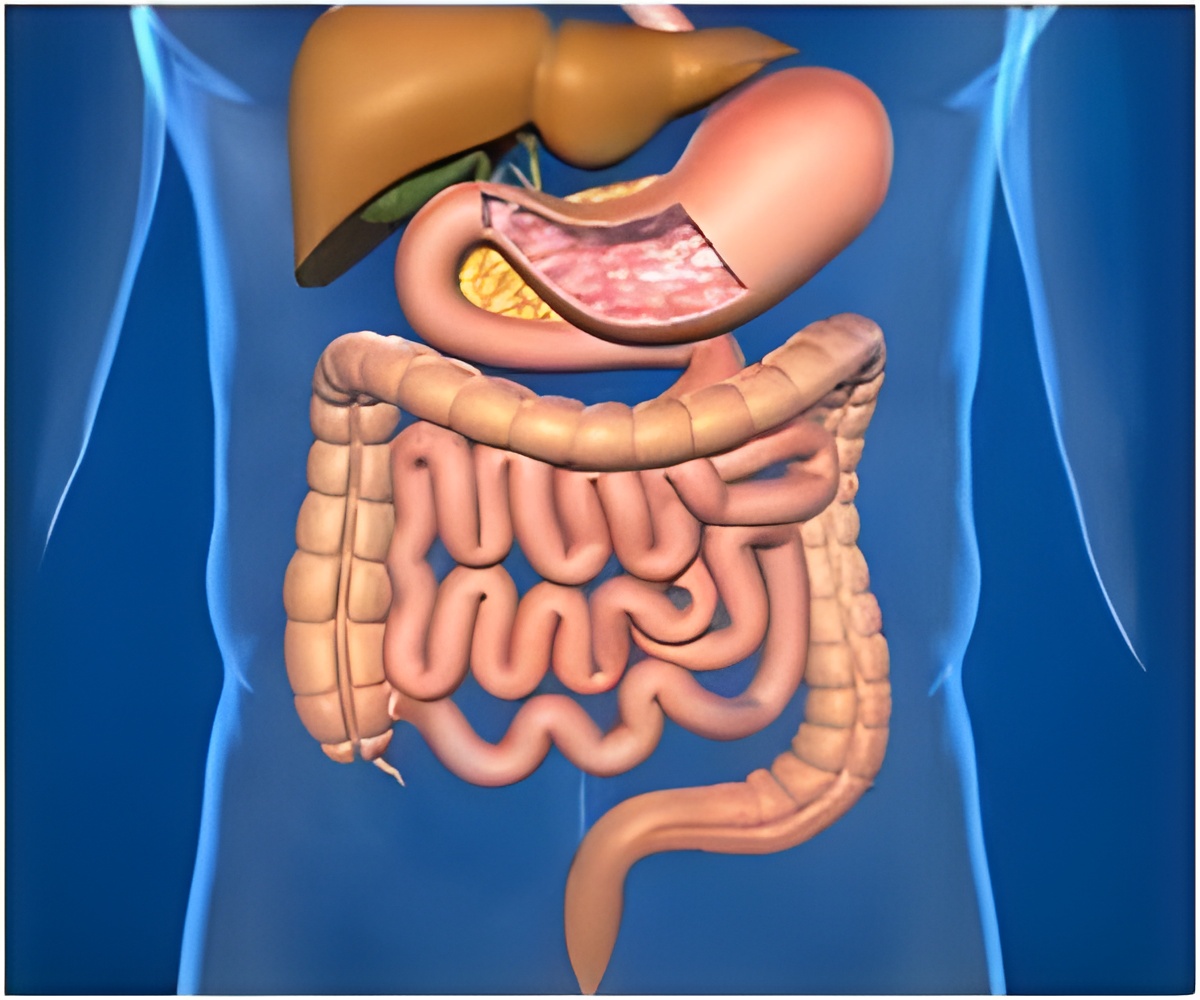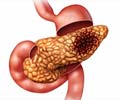For the first time in the world Italian doctors have carried out robotically-assisted pancreatic transplant in an operation that could help diabetes sufferers everywhere.

The robotic technique allows surgeons to carry out the transplant through three small holes and a seven-centimetre (three-inch) incision, the hospital said.
"This will put an end to the decades-old dilemma of whether it's possible to do pancreatic transplants because the operation is so invasive when done in the traditional way," Ugo Boggi, who heads the team, said at a press conference.
The transplant was carried out on September 27 on a 43-year-old mother of two who had suffered from type one diabetes since she was 24 years old and had already had a kidney transplant.
The patient suffered no complications from the three-hour operation and left the hospital on October 30.
Pancreatic transplants have been very invasive until now because of the organ's vascular structure and the fragility of diabetic patients, who in 50 percent of cases develop post-operative problems, a hospital statement said.
Advertisement
The world-renowned centre also carried out the first robotically-assisted kidney transplant in Europe in July.
Advertisement












